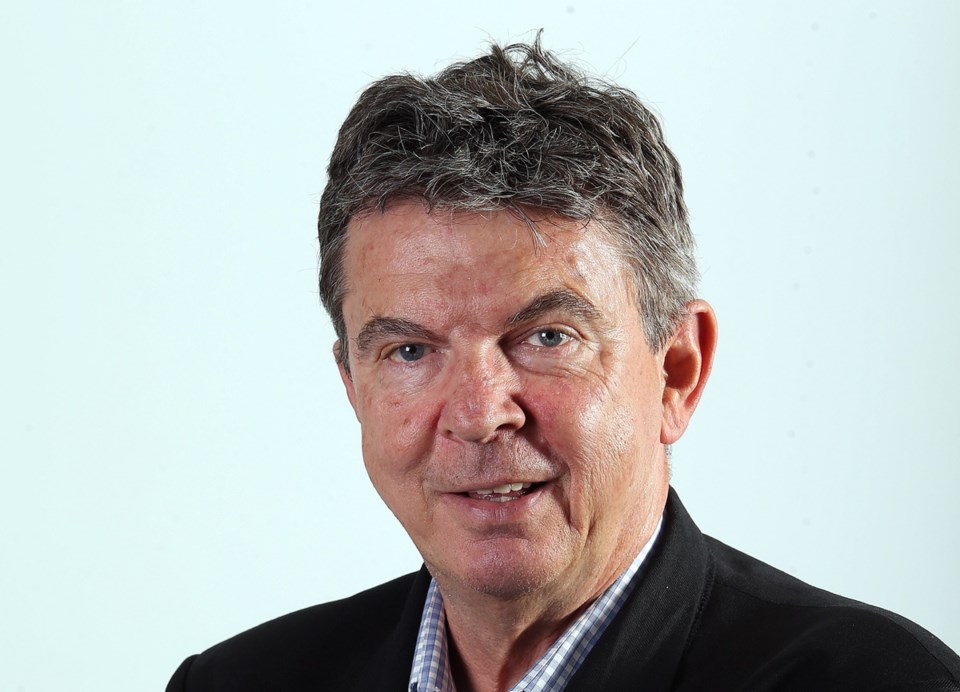 Two things about the finance committee pre-budget wish list presented this week: It’s the longest one ever, and the MLAs who wrote it don’t have a hope of getting all they want.
Two things about the finance committee pre-budget wish list presented this week: It’s the longest one ever, and the MLAs who wrote it don’t have a hope of getting all they want.
The annual reports by the committee are based on a tour of B.C. that the MLAs undertake to hear what people want in an upcoming budget. In past years, the all-party committee — with a government majority — would discuss the input, but inject their own views into the final report. It often meant there would be a few select calls for more spending, but with full recognition of the need for fiscal prudence, balanced budgets, etc.
Increasingly over the past few years, the reports have taken to simply reflecting the wishes of the interest groups who appear at the hearings. So there have been more recommendations for more spending on various programs.
The latest one this week takes that trend to a new level. It can be summed up in three words: “More of everything.”
The report reflects the change of government, which resulted in a new lineup at the committee. The NDP and B.C. Liberals had four spots apiece, with two Green MLAs. Despite the differences and the inclusion of a third party for the first time, they managed to stay unanimous when writing the recommendations.
There was an extraordinarily high number of them — 119, the most ever. And more than half of them explicitly call for more funding in one area or another.
“Expand,” “increase,” “improve,” “provide additional support” are the most common phrases through the long list of ideas that will be handed to Finance Minister Carole James for consideration prior to the February budget.
The only one that goes against the general grain is the obligatory recommendation to “pursue prudent and careful fiscal discipline and management.”
But that does not include the specific advice — “balance the budget” — which has been a fixture in past years. That will come as a relief to James, because it would be completely impossible to balance the budget and meet all the new spending recommendations the committee has forwarded her way.
The NDP government at this point looks likely to be aiming to balance the February budget, just as the September update was.
That update, tabled after the NDP had been in power for just two months, forecast a balanced budget this current year by a small margin; about a half-percentage point of the total budget. Adopting just a dozen or so of the finance committee recommendations would eat that up in no time. The forecasts are always hyper-cautious, so there’s probably a much bigger cushion than that.
Still, taking all 119 recommendations seriously would likely erase any expected surplus.
James herself appeared before the committee in September to give an optimistic review of B.C.’s books. Surpluses were forecast for the next three years and the $2.7 billion surplus from 2016 was put toward reducing operating debt.
The risks she cited to the fiscal plan included the impact of the summer wildfires, ICBC’s financial crisis, the softwood lumber dispute and rising interest rates. The MLAs’ subsequent report put a lot of faith in the generally optimistic outlook.
They had 22 recommendations under the general heading of health care, and more than a dozen involved spending more money.
There were a dozen ideas for advanced education, and many of them include the phrase “increase funding.” The same pattern held for social services, housing, K-12 education and Indigenous people.
On the public-safety theme, for example, the committee recommends increasing funding for court services, more money for a co-ordinated approach to gender violence, funding to fight human trafficking, increased funding to the Legal Services Society and increased funding to Emergency Management B.C.
Under the heading of sport, culture and the arts, the committee wants to double funding to the B.C. Arts Council, increasing funding to Creative B.C., hike funding to small museums and libraries and increase funding to elite athletes.
All 119 ideas are now filed with James as she puts the first full-year budget together for February.
She can balance the budget or she can adopt the recommendations. But she can’t do both.


